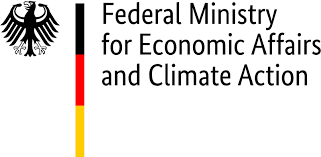Now Open: 2026 Call for Ideas
To apply to the Lab, review the guidelines below and submit your application by November 9, 2025, at 11:59 PM PST.
What is the Lab looking for?
Lab Guidelines for ApplicantsThe Lab will select and develop eight innovative ideas to drive climate finance in 2026. This cycle will focus on regional programs, designed to draw on local expertise and address the unique financial and climate challenges in target countries.
Webinars
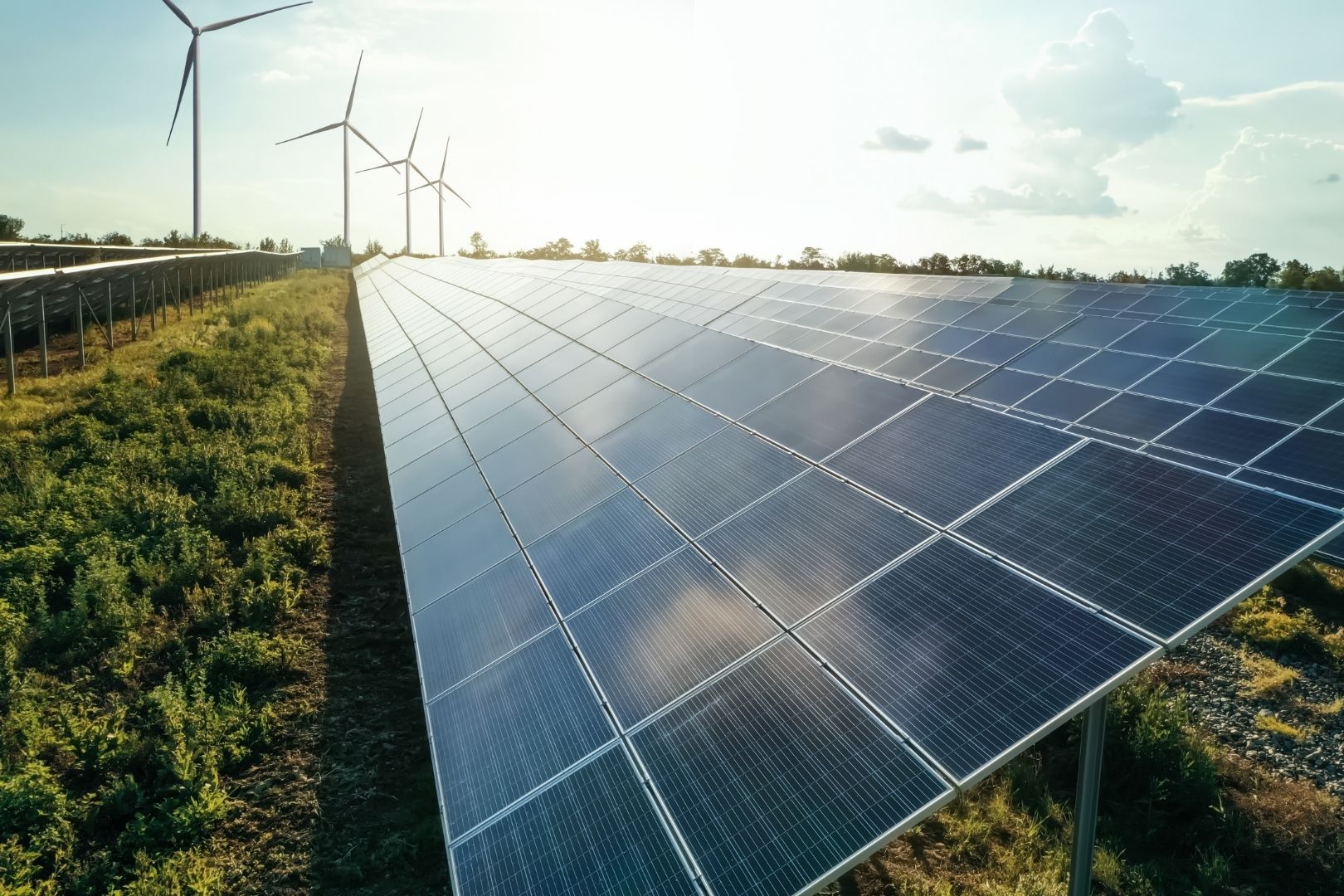
View our webinar on applying to the Lab’s 2026 Call for Ideas for climate finance vehicles...
Watch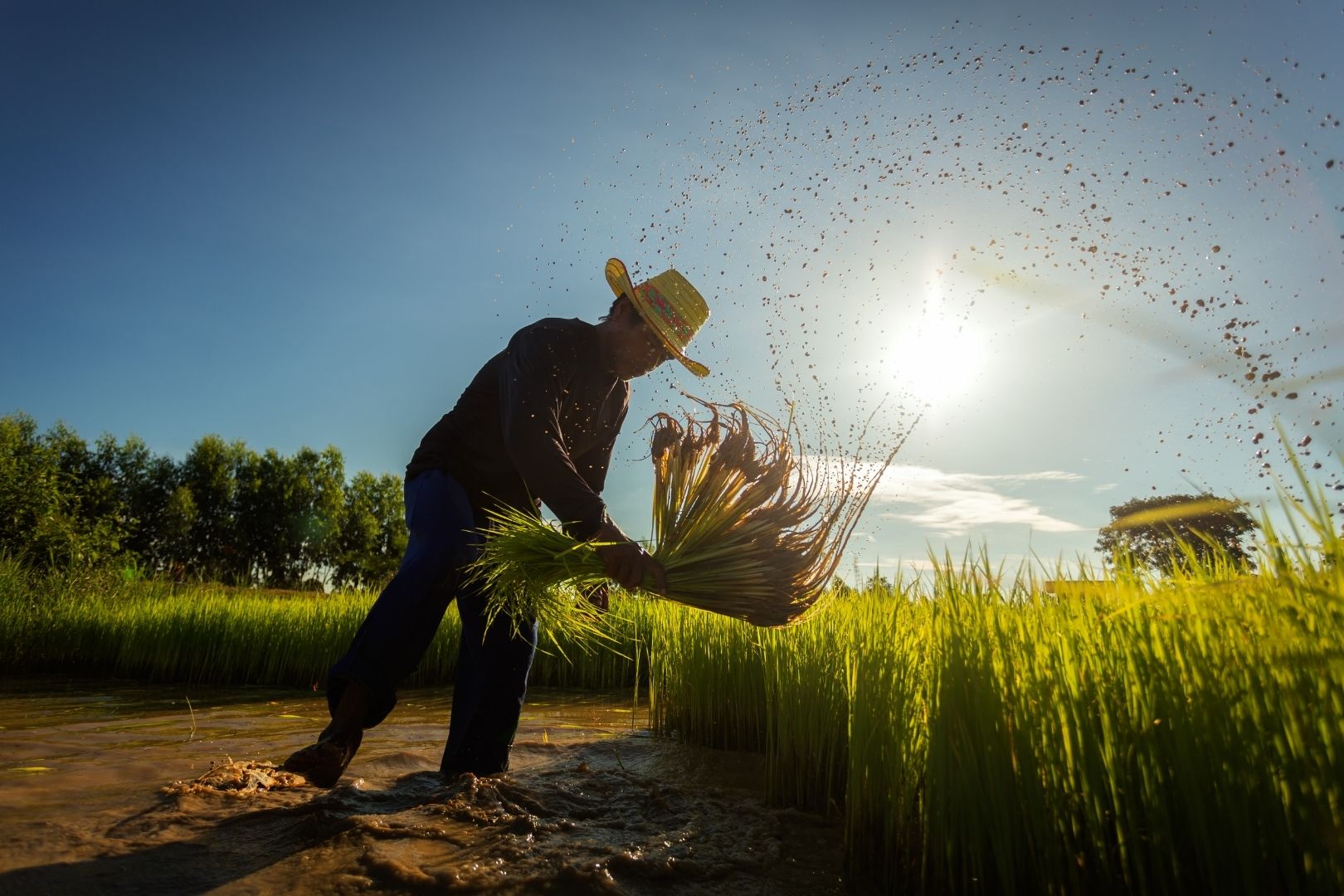
This webinar focuses on the Lab Brazil program and will be held in Portuguese....
Watch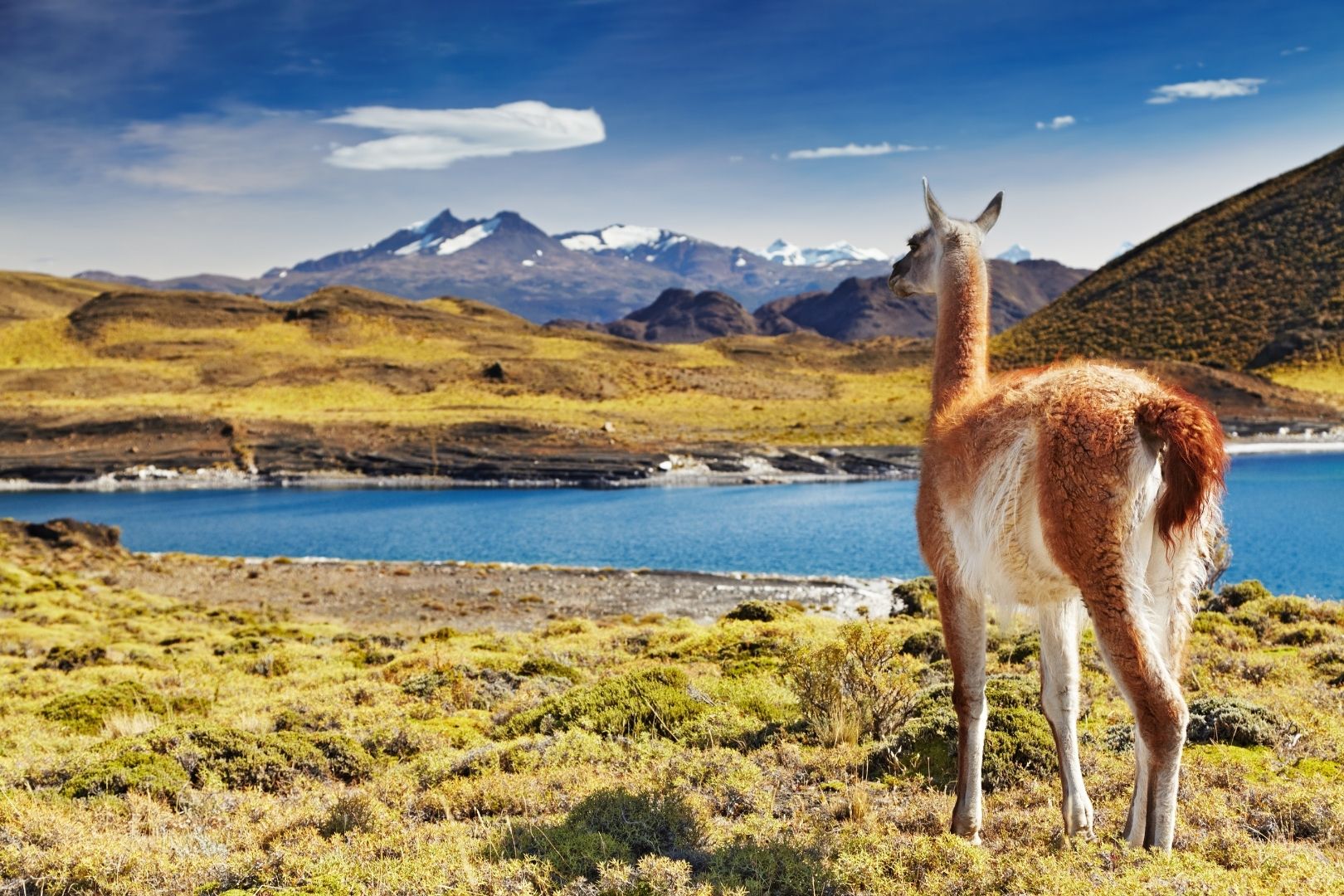
This webinar focuses on the Latin America and the Caribbean program and will be held in Spanish....
Watch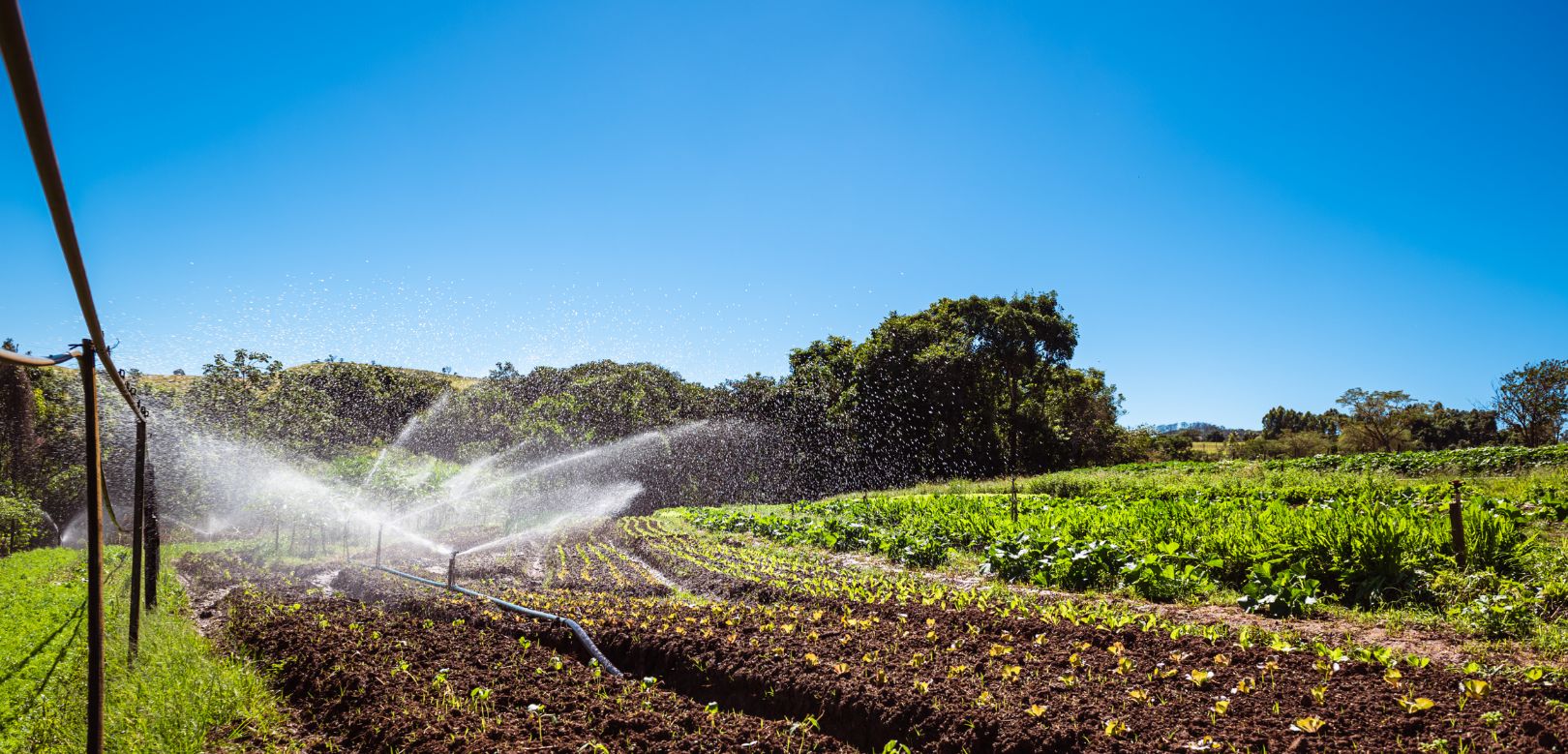
Join our webinar on applying to the Lab’s 2026 Call for Ideas for climate finance solutions....
WatchWhat happens if your idea is selected
If your idea is selected by Lab Members, you will work with a team of analysts, key stakeholders, and experts to:
1.
Develop or refine the mechanics of your idea.
2.
Survey the market landscape of comparable solutions and assess the idea's viability and impact potential.
3.
Develop robust financial modeling.
4.
Assess and document potential social and environmental impacts.
5.
Map risks and risk mitigation strategies.
6.
Develop a detailed implementation plan.
7.
Create promotional content and pitch your ideas to donors and investors.
8.
Get implementation support to execute go to market strategy.
9.
USD 150-250k conditional grants for eligible endorsed ideas.
How ideas are selected
FAQApplicants must complete an online form (see PDF version for reference). A set of key criteria guides how submitted ideas are assessed and ranked.
Why submit an idea?
Selected ideas receive guidance from high-level leaders from the public and private sectors, who contribute expertise, political support, and financial capital. CPI's team of experts provide robust analysis, stress-testing, and implementation support.
Meet the Lab TeamSelected ideas may also access the Lab’s Pre-Seed Capital Facility, receiving conditional grants of USD 150,000–250,000 to help fast-track implementation.
Learn more about the Pre-Seed Capital Facility$
250
k
value of in-kind analytical and communications support received by selected Lab ideas
$
1.3
bn
invested by members and observers of the Lab network
$
4.2
bn
mobilized by endorsed Lab instruments
Who is involved?
Lab MembersThe Lab comprises over 100 expert institutions in government, development finance, philanthropy, and the private sector. The funders for the Lab’s 2026 cycle are included below. CPI serves as the Lab Secretariat.


